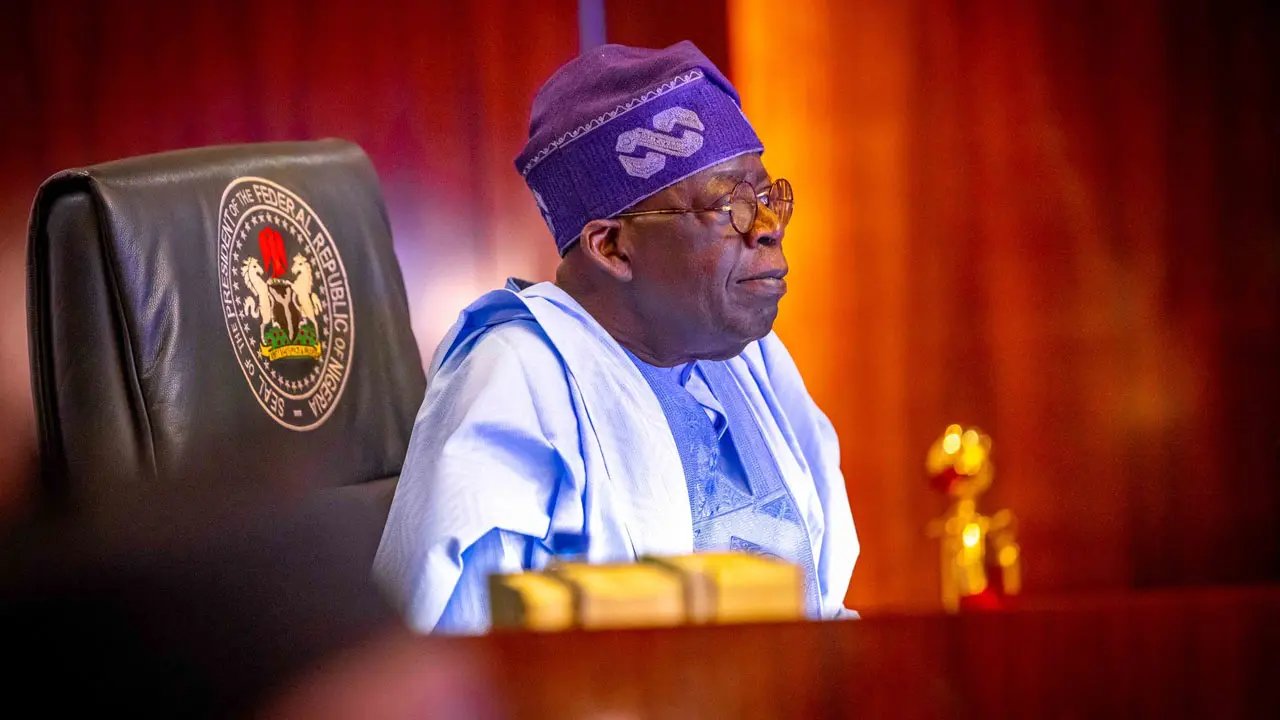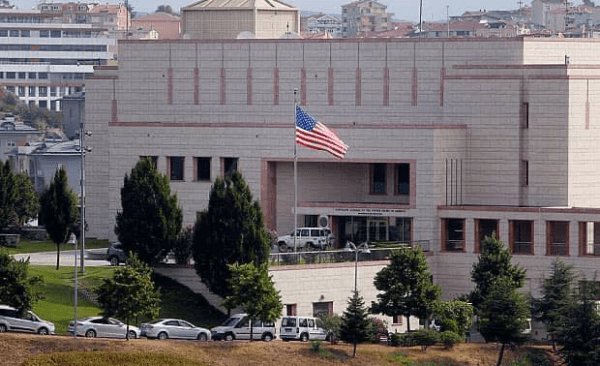
Independence Day Broadcast: Tinubu Declares the Worst is Over as Nigeria Turns the Corner from Economic Collapse

President Bola Ahmed Tinubu has once again stirred national debate with his Independence Day broadcast, declaring that the painful sacrifices Nigerians have endured since the inception of his administration are beginning to yield results and that the worst days of hardship are over. Addressing the nation on October 1, 2025, Tinubu reflected on his administration’s turbulent entry into power, marked by bold economic reforms that initially triggered widespread discontent but which he insists have repositioned Nigeria for sustainable growth.
“When I assumed office on May 29, 2023, I met an economy on the brink of collapse, distorted by decades of poor fiscal choices and policies that prioritized short-term appeasement over long-term progress,” the president said. “I had two choices: to continue the old path of decay or to take difficult decisions in the interest of tomorrow. We chose reform. We chose the future over fleeting comfort.”
It will be recalled that Tinubu’s very first policy decision as president was the abrupt removal of the fuel subsidy, a move that instantly reshaped Nigeria’s economic landscape. While hailed internationally as a step towards fiscal sanity, the removal sent shockwaves through the populace as fuel prices tripled overnight, triggering inflationary pressures that cascaded across essential commodities and transportation. Millions of households, already struggling with low incomes, found themselves further burdened by the rising cost of living. Critics accused the government of failing to provide adequate cushioning measures, while protests and outcry echoed from labor unions, civil society groups, and ordinary citizens alike.
But Tinubu has remained resolute, insisting that subsidy removal was a necessary evil. In his latest address, he argued that subsidies and multiple exchange rate regimes enriched only a privileged minority while draining resources that should have been channeled into development. “We ended the corrupt fuel subsidy and dismantled multiple exchange rates that created perverse incentives for a few at the expense of the majority. Those were avenues for rent-seeking and corruption. Today, we are redirecting those funds into roads, power, schools, and healthcare that will serve every Nigerian,” he said.
For many Nigerians, however, the hardship has been long and brutal. The naira’s sharp depreciation, combined with inflation in food and housing costs, has left households gasping. Small businesses complain of dwindling purchasing power, while unemployment continues to haunt the youth population. Some analysts argue that while the president’s reforms are economically rational, they were implemented too quickly and without sufficient safety nets to protect the most vulnerable. Yet, in his broadcast, Tinubu declared that “yesterday’s pains are giving way to relief,” signaling his belief that Nigeria has now “turned the corner.”
He painted a vision of accelerated infrastructure development, vowing to build and rehabilitate roads, expand rail networks, upgrade airports, and overhaul the power sector. He emphasized that decades of neglect in energy and infrastructure had crippled Nigeria’s industrial capacity, making the country dependent on imports and stifling job creation. “We must build the roads we need, repair those that have become decrepit, and construct the schools and hospitals our people deserve,” he said. His words echoed a sense of urgency as he reminded Nigerians that the nation is “racing against time.”
While the president’s rhetoric was hopeful, reactions remain mixed. Supporters see his message as evidence of a steady hand on the wheel, guiding Nigeria out of decades of policy misalignment. They point to gradual stabilization in the foreign exchange market, increased investor confidence, and early signs of capital inflow as proof that the difficult medicine is beginning to work. Pro-government voices argue that Tinubu’s reforms, though painful, represent the first real attempt in years to break the cycle of economic sabotage fueled by corruption and dependence on oil revenue.
Critics, however, remain skeptical, accusing the president of downplaying the depth of suffering among ordinary Nigerians. They argue that while macroeconomic indicators may show improvement, the lived reality of millions tells a different story. “Turning the corner” might make sense on paper, they say, but on the streets, families are still skipping meals, young graduates are still unemployed, and healthcare remains beyond the reach of the poor. Some opposition leaders have described the president’s Independence Day message as tone-deaf, insisting that the hardship inflicted by his reforms has left scars that may take decades to heal.
Economists are equally divided. Some international analysts agree with Tinubu’s approach, noting that Nigeria’s economic fundamentals had been distorted for years and required urgent correction. They highlight that countries which delayed subsidy reforms often faced more severe economic collapses later. Others caution that while the foundation for growth may be set, the government must now focus on delivering visible results quickly, especially in infrastructure, job creation, and social welfare, or risk eroding public trust further.
Despite the skepticism, Tinubu’s tone was one of gratitude and reassurance. He saluted Nigerians for their endurance and promised not to betray the confidence reposed in him. “I salute your endurance, support, and understanding. I will continue to work for you and justify your confidence in me. The ship of our nation is being steered towards a safe harbor,” he said. His message was clearly designed to rebuild trust and instill a sense of collective purpose as Nigeria marked its 65th Independence anniversary.
Tinubu also used the opportunity to highlight the symbolic nature of Nigeria’s journey as a nation. He acknowledged the struggles of past leaders and reiterated his vision of placing Nigeria as the leader of the black race globally. He promised to give young Nigerians the wings to soar, pledging more opportunities in education, innovation, and enterprise. His remarks were sprinkled with optimism, casting his administration as a bridge between the hardship of the past and the promise of a prosperous tomorrow.
For ordinary Nigerians listening to the broadcast, the question remains whether these promises will translate into tangible improvements in their daily lives. Will food prices fall? Will electricity become stable? Will jobs be created in sufficient numbers to absorb the restless youth? These questions continue to dominate the public conversation. Many citizens who once hoped for quick relief are now cautiously waiting to see if the president’s confidence will indeed materialize into a better reality.
As Nigeria reflects on its 65 years of independence, Tinubu’s words serve as both a reminder of the country’s enduring struggles and a pledge of hope. His declaration that “the worst is over” may provide momentary comfort, but history will ultimately judge his administration not by speeches but by results. Nigerians, weary yet resilient, are holding him to his promise that the seeds of reform will blossom into a future of shared prosperity.
In a country where faith in government has been repeatedly tested, the president’s latest message challenges citizens to believe once more that sacrifice today can yield a brighter tomorrow. Whether Nigerians will embrace that hope or dismiss it as political rhetoric depends on the months ahead. For now, the nation remains at a crossroads, navigating the delicate balance between enduring hardship and expecting relief, with Tinubu at the helm insisting that the tide has turned.

